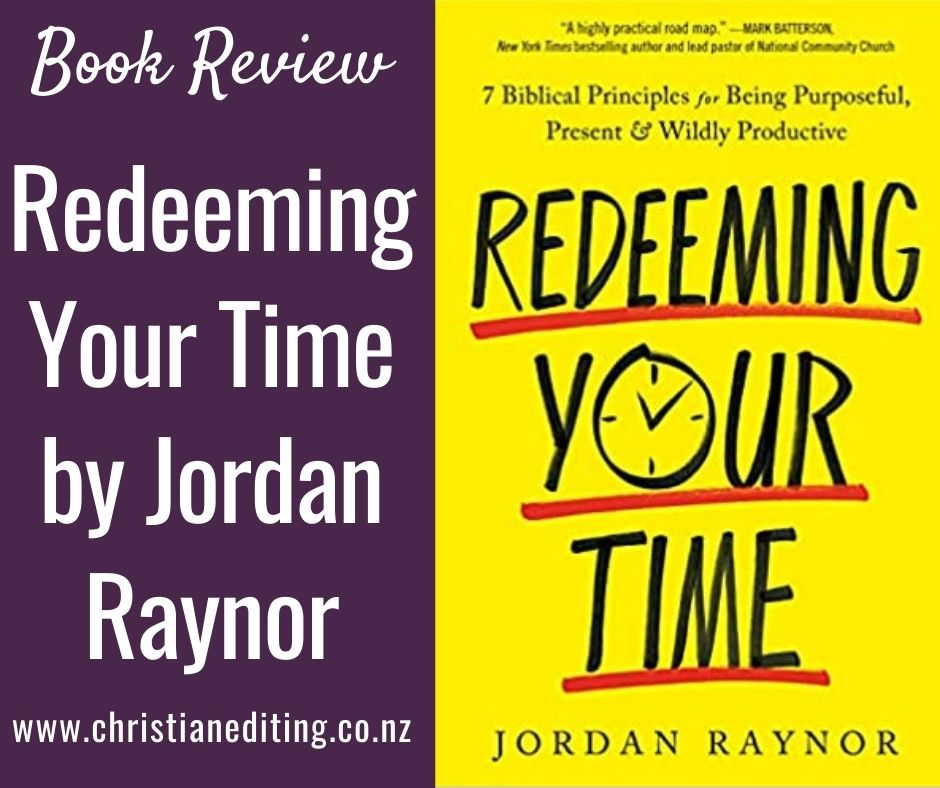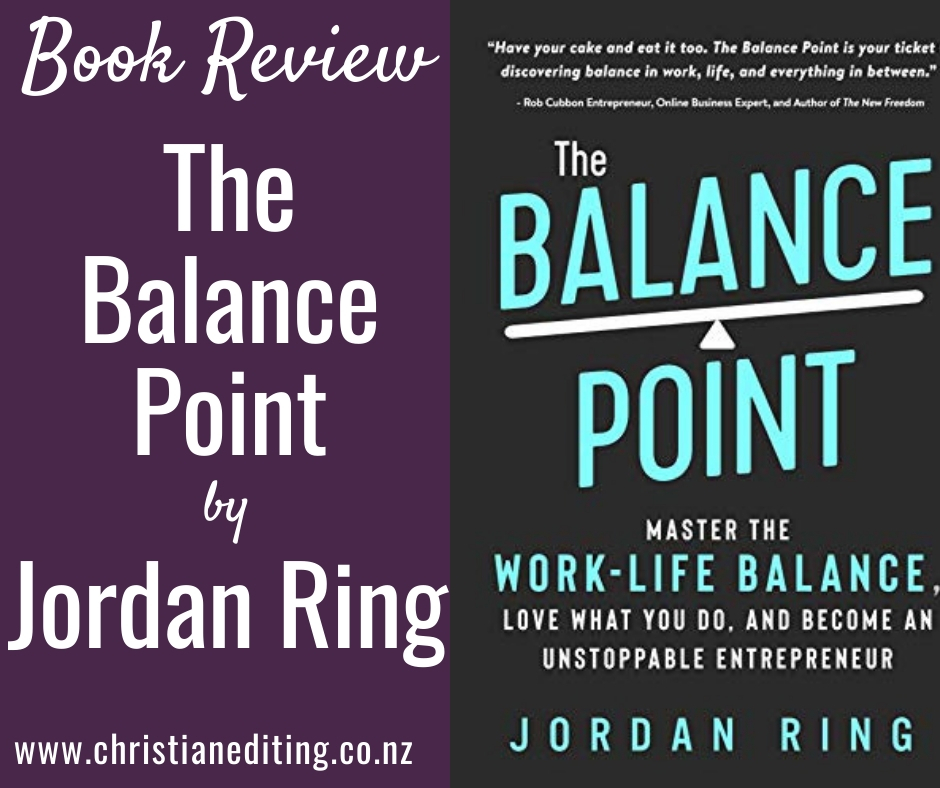There are any number of time management and productivity books available at your local bookshop or library. in my experience, most of them promise if you follow their One True Way of organising your life, then you will be a happier and more productive person. The problem with this line is that God created us all to be unique, so what works for the author many not work for me, and what works for me may not work for you. This leaves us feeling like a failure when the One True Way doesn’t work, so we’re back on the organisation/productivity bandwagon to find a way that does work.
There are two authors I’ve come across who acknowledge the fallacy in this way of thinking:
Becca Syme, a Gallup-certified Strengths Coach, who encourages readers (and watchers – she has some excellent YouTube videos) to QTP: Question The Premise. What does that mean? Simple. Don’t assume that an absolute statement is correct, then feel bad when that thing does’t work for you. It doesn’t work because there is no One True Way to organise your life.
Jordan Raynor, who says:
“Nearly every author promise[s] that his or her method to solving our time management problems is easy … the work of redeeming your time will not be easy, but it will be worth it.”
Raynor points out that if we are to redeem our time and become more like Christ, we need to start with Christ.
In Redeeming Your Time, Raynor takes readers through a series of principles and practices we can use to better utilise our time. Yes, he shares his own personal productivity system, but doesn’t teach it as the One True Way. Where he does advise on a specific practice, the rationale is backed either by Scripture or by science.
For example, he talks about the Zeigarnik effect, the tendency for uncompleted tasks to clutter our minds (sometimes to the point that we forget things … or is that just me?).
This discussion brought to mind the many sermons I’ve heard where the pastor started by telling us to put out of our minds all those things on our to-do list and concentrate on God (meaning, concentrate on the sermon). My mind’s immediate reaction was to start listing all those unwritten tasks, to the point where I couldn’t concentrate on the sermon until I’d written them in the back of my sermon notebook.
This is basic psychology … but is exactly what the speaker didn’t want.
Raynor points out there is a reason St Paul tells us to make all our prayers and petitions known to God—because clearing our minds will help our anxiety and stress. That may also be a reason some Christians like to journal: writing helps clear their mind so they can concentrate on what’s important.
Raynor is a fan of David Allen’s Getting Things Done workflow:
I recognize that my ability to be hyper-productive is a gracious gift from God. But I credit Getting Things Done for being the dominant tool God has used deliver that grace in my life.
I took a lot of notes from Redeeming Your Time, and I will need to print them off, read them, and review them to work through what my “new normal” can and should look like now I am an empty-nester working three-plus days a week for a local company, rather than being the self-employed work-from-home mother of teenagers.
Will Jordan’s system (or any system) make me hyper-productive? Raynor says no (which is odd, but still a relief). Will it be easy? Raynor says no to that question as well. Will it help me get to the end of my to-do list? Raynor says no … and that’s okay because:
God doesn’t need you to finish your to-do list … If the things on our to-do lists are on God’s to-do list, he will complete them with or without us.
I find that both encouraging and motivating. If it encourages you and you want to better utilise your time, then you might want to check out Redeeming Your Time.
Thanks to Waterbrook and NetGalley for providing a free ebook for review.
About Redeeming Your Time

Despite the overwhelming amount of resources for time management and work-life balance, the ability to cultivate the efficiency and equilibrium needed to manage all our worthy pursuits can often feel frustratingly out of reach. The reason for our struggle is that productivity and time-management systems focus on individual habits rather than more meaningful and lasting lifestyle changes. But as it turns out, there is a better way to reach our full potential.
We don’t need just another approach to changing our habits. What we need is an operating system that takes into account the full scope of our lives. In these pages, bestselling author Jordan Raynor presents this system, using seven powerful time- management principles drawn from the example of how Jesus lived:
1. Start with the Word: Find meaningful connection with the author of time daily.
2. Let Your Yes Be Yes: Accept only the commitments you can fulfill.
3. Dissent from the Kingdom of Noise: Create room for silence, stillness, and reflection.
4. Prioritize Your Yeses: Confidently maintain your commitments.
5. Accept Your “Unipresence”: Focus on one important thing at a time.
6. Embrace Productive Rest: Live the God-designed rhythms of rest which are productive for our goals and souls.
7. Eliminate All Hurry: Embrace productive busyness while ruthlessly eliminating hurry from our lives.
With these principles, you’ll see how Jesus managed his time on earth and how he responded to human constraints much like the ones you face today. More than that, you’ll discover corresponding practices that will help you embrace the best, most Christlike version of yourself possible: purposeful, present, and wildly productive.
Find Redeeming Your Time online at:
Amazon | BookBub | ChristianBook | Goodreads | Koorong




